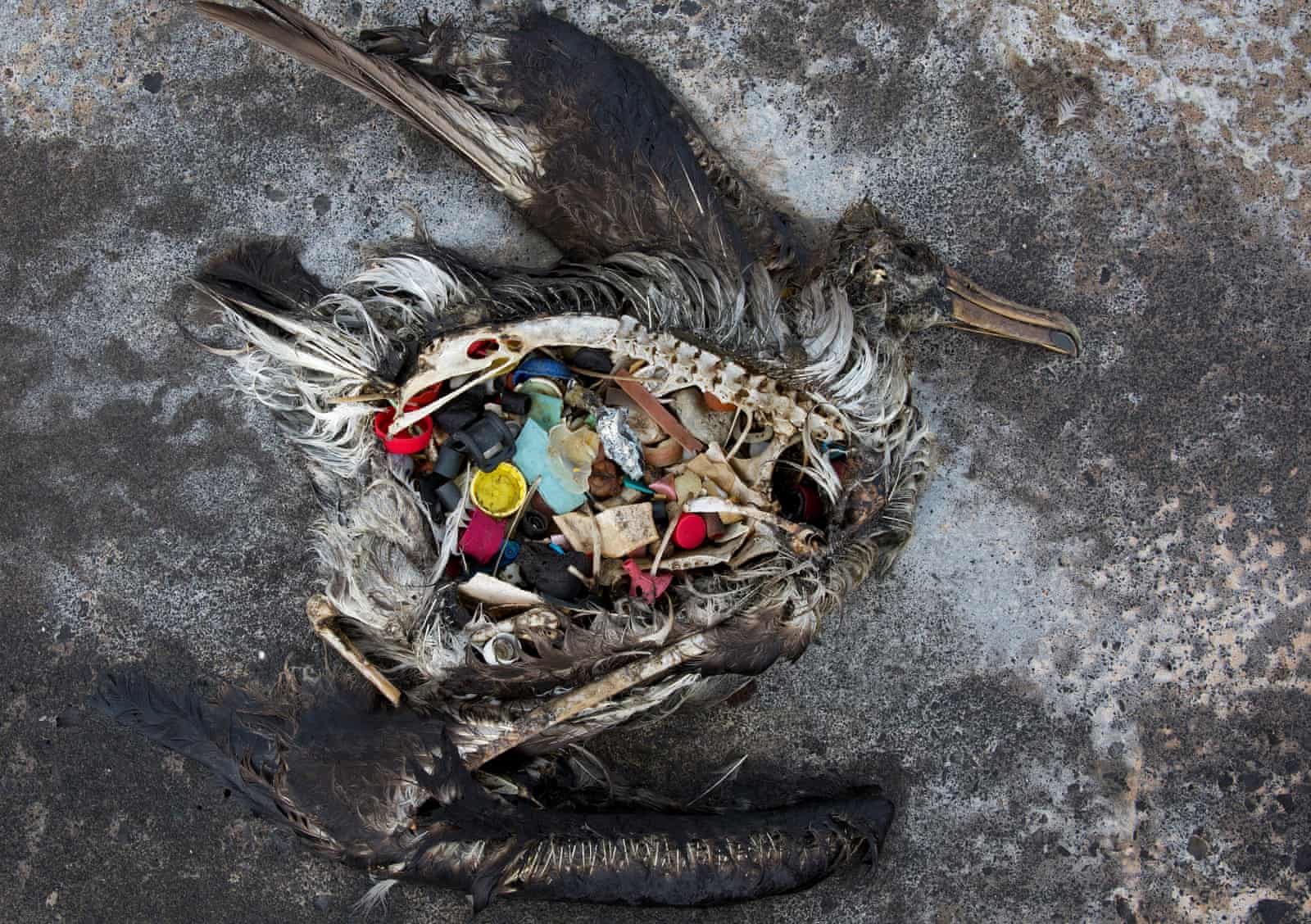Based on Poore and Nemecek's (2018) study conducted in 2013, oat milk uses significantly less land for production as compared to dairy, suggesting that the area for non-point source pollution via fertilizers and greenhouse gas emissions will be lower.
 |
| Figure 1: Environmental footprints of dairy and alternative milk. The data is based on Poore and Nemecek's study. Source: Ritchie, 2022. |
This was supported by Roos, Patel, and Spangberg (2016), who did a more comprehensive study on oat milk production's impacts on the climate. Their study found that there is a 16-41% lower direct greenhouse gases emissions from energy and fertilizers usage, and the absence of livestock cultivation. However, the risk of eutrophication between oat and dairy milk appears to be similar given the same amount of land cultivated. Additionally, as oats are made of organic matter, the necessary process of digestion of oats by the enzymes produces 21-37% more ammonia emissions than dairy milk productions during storage and distribution. This increases the ecotoxicity impact on the environment. Fortunately, the ecotoxicity impact from oat milk production can be mitigated via the cultivation of grass-clover. This is difficult for dairy production as cows are ungulates and their hooves will compact the vegetation when they graze the fields, and barns limit the amount of space available for vegetation.
Overall, it seems that oat milk production is indeed a better alternative for the environment as compared to dairy milk, as lesser land can be used to produce the same amount of both kinds of milk. This means that oat milk generates fewer emissions and pollution risks than dairy milk.
Also, those who enjoy specialty coffee, but are constrained by dietary restrictions, should definitely consider oat milk as its flavour is not overpowering, and it does not coagulate as compared to other alternative milk. Giving the coffee a better taste and smoother texture.


No comments:
Post a Comment